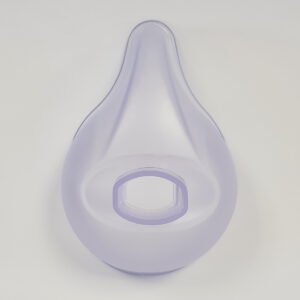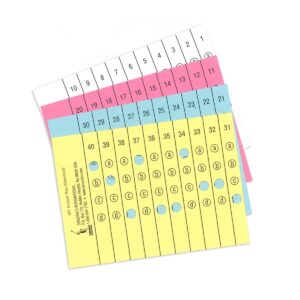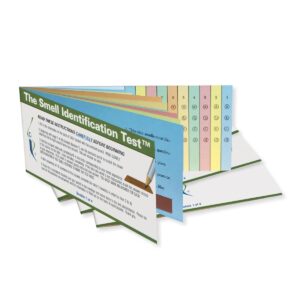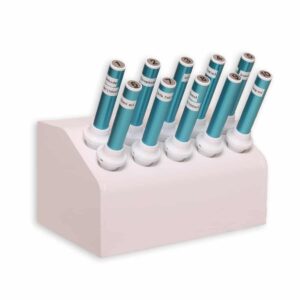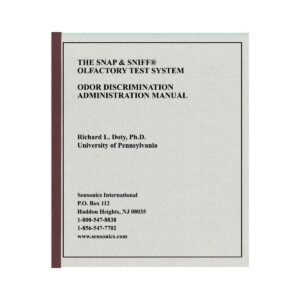Although odorizing natural gas for safety purposes first occurred in Germany in the 1880s, a 1937 Texas school natural gas explosion that killed nearly 300 children led to world-wide safety regulations for adding warning agents to combustible gases. The current US regulation for odorization of gas, 49CRF, 192.625, states that any combustible gas within distribution and transmission lines must contain an odorant at the level of 20% (1/5) of the lower explosive limit so that a person with a “typical” sense of smell can detect it.
How can you determine if your workforce has a typical or normal sense of smell? Hundreds of energy companies now use Sensonics’ products for this purpose. It is rarely appreciated that over 50% of people between 65 and 80 years of age have some difficulty smelling, with 15% having no smell whatsoever! 80% of people older than 80 have some degree of smell dysfunction, with 25% having no smell ability. Smell loss can be due to many factors, including viral infections (e.g., COVID-19). Protect your company and its workforce. Sensonics products allow you to identify persons at risk in order to increase safety, decrease insurance costs, and adhere to governmental regulations. Additionally, Sensonics can provide customized fliers to send to your customers to ensure that they know the smell of odorized gas.
Learn the history behind why gas is odorized today
Among Sensonics’ products used by major energy companies for these purposes are the following:
-
Single Use One Size fits all Mask For PNIF Meter | PNIF-SA
$28.95 -
SIT™ Administration Manual | SITM
$24.50 -
Small Foam Nose Insert | NR-SMSI
$67.30 -
Smell & Picture Identification Test Score Key | SITK-KEY
$3.50 -
Smell Identification Test Revised™ | SITT-R-ENG
$29.50 -
Smell Identification Test™ (UPSIT®)
$29.50 -
Snap & Sniff® 10-Odor Water Utilities Training Kit | SNPT-WDTT
$750.00 -
Snap & Sniff® Odor Discrimination Manual | SNPT-ODDIS-MAN
$24.50 -
Snap & Sniff® Odor Discrimination Test | SNPT-DISC
$1,295.00
Our products only test the sense of taste and smell. They are not intended to diagnose, treat, cure or prevent any disease.

